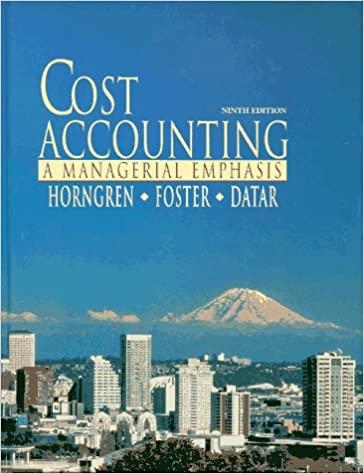When thinking about filing your income tax return on April 15th, you realize that the process is not as simple as multiplying your earned income
When thinking about filing your income tax return on April 15th, you realize that the process is not as simple as multiplying your earned income by a tax rate percentage. The Internal Revenue Code (IRC) is complicated, with all types of rules and regulations that individuals can use to legally reduce their tax liability. There are exemptions, credits, and a multitude of other laws that are part of this process. Everyones tax experience is unique and dependent upon life experiences that result in different tax laws being used for different situations and different taxpayers. It is imperative that tax professionals and individuals know the law. Learning to use tax laws effectively can help people prosper by lowering their tax liability.
Congress adds new laws and revises old laws in the IRC each year to collect enough funds to operate the federal government annually. Even though there are taxes to be collected, there are also individual and business deductions, credits, and incentives built into the IRC to help U.S. taxpayers grow and prosper. For example, it is important for all U.S. individual taxpayers to be able to save for their future and their retirement. Within the IRC, incentives are used to help individuals purchase homes, invest in assets, and fund retirement savings accounts.
Investing in assets results in the sale, disposition, or different use of these assets as time passes. When the time comes, it is important for taxpayers to understand the tax code regulations that apply to an event so that they can answer important questions about their tax choices. For example, the purchase of a residence could result in a gain or loss when the home is sold. Is all of this gain taxable? Can the loss be deducted from other income on the tax return? What about changing the residence into a rental propertywhat are the tax implications? What about taking money from a retirement account? Are the funds taxable or are they excluded from tax? What are the rules? By looking ahead and analyzing tax situations before they happen, taxpayers can make better choices that can result in better tax consequences.
Taxes affect you your entire life. Learning how to avoid taxes by using the IRC to your advantage is essential to your financial success.
- Eligible taxpayers have several deadlines by which they can make contributions to their individual retirement account (IRA). According to tax law, what is the deadline for making these contributions?
- Taxpayer distributions from traditional 401(k) plans are taxed as ordinary income. What type of plans are not taxed as ordinary income?
- An early distribution penalty of 10% is due from taxpayers who withdraw retirement funds early. Exemption from this penalty exists for what reasons?
- The 10% early distribution penalty is due from taxpayers who withdraw funds from their retirement early. What age is considered early?
- Contributions to a Roth IRA for 2019 are limited. List the limited contributions.
- A taxpayer can directly transfer funds from a traditional IRA to a Roth IRA. This action is called a rollover. What is true about the rollover amount?
- The IRS tax law provides a savers credit to encourage lower income taxpayers to contribute to a retirement savings account. The credit is given in addition to any other deduction allowed for the contribution. What is the maximum savers credit that a taxpayer could earn?
- The gain or loss on the sale of a residence is computed by subtracting the basis of the residence from the sales price. What is not a general rule for determining the basis of the residence?
- The gain or loss on the sale of a personal residence is treated differently than a gain or loss on the sale of other capital assets. A loss is nondeductible. A gain that is higher than the allowed exclusion is usually taxed as a long-term capital gain. What are the characteristics of exclusionary rules?
- There are nontax benefits associated with owning a second home. What do these nontax benefits include?
- What are the ways a taxpayer can use a rental property as an investment that will have additional value?
Step by Step Solution
There are 3 Steps involved in it
Step: 1

See step-by-step solutions with expert insights and AI powered tools for academic success
Step: 2

Step: 3

Ace Your Homework with AI
Get the answers you need in no time with our AI-driven, step-by-step assistance
Get Started


